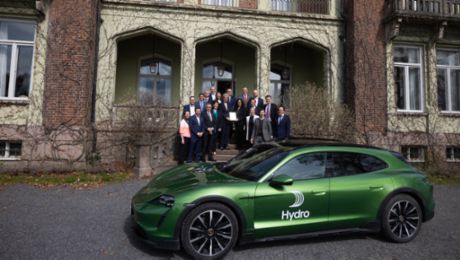“60 years of the Porsche 911 and 75 years of Porsche sports cars: the double anniversary marks a special year for Porsche. The reconstruction measures and extensions to sports car production at our main plant are an important milestone for the Zuffenhausen site,” says Albrecht Reimold, Member of the Executive Board for Production and Logistics at Porsche AG. “The conversion measures will enable increased efficiency, the highest quality standards, and mixed production of combustion-engine and electric sports cars. This will see us start a new chapter in sports car production in terms of the smart factory.”
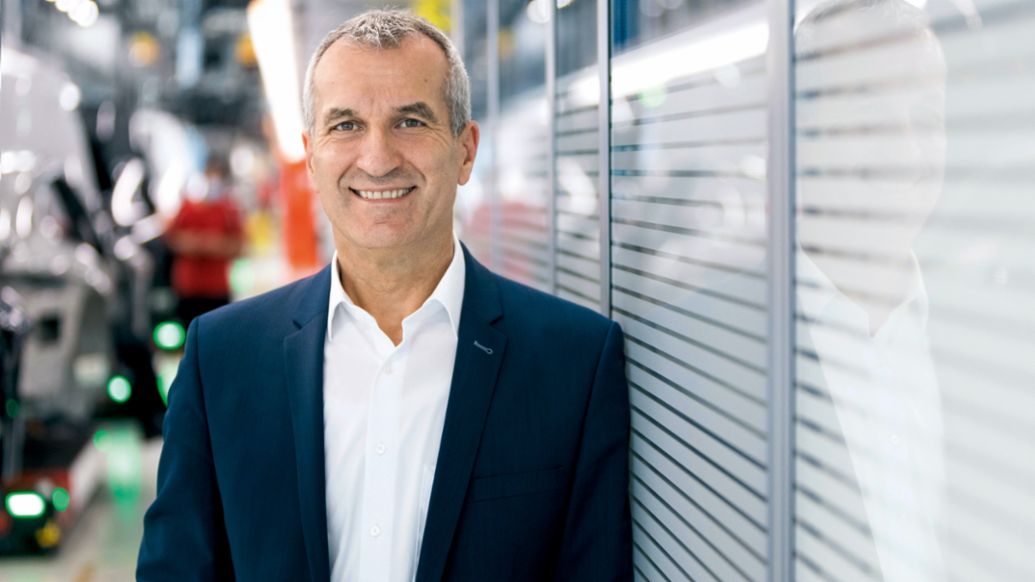
Numerous sports car production systems will be upgraded over the course of the construction measures. This reflects developments in the production process. As is the case for production of the Taycan, the two-door cars are now also produced using the latest automated guided vehicles. The intention is to increase capacity and flexibility in the Porsche production process. Production has also been expanded to include additional quality test benches for vehicle assembly, additional logistics areas and a new high-bay rack. Assembly of the electric powertrain for what will be the electric Macan is also being integrated into the existing engine plant.
The most important measures at a glance:
Autonomous driving: sports car production with automated guided vehicles
To integrate new production phases, Porsche has extended the production line area for its two-door sports cars at the main plant. As already implemented for the production of the electric Porsche Taycan, automated guided vehicles (AGVs) will now be used for it too. The latest-generation AGVs will replace the classic assembly line with a “Flexiline” and thereby enable an even more variable production process – this is particularly advantageous with a view to the future mixed production of vehicles with combustion engines and electric powertrains on a single line.
Advanced production workflow: newly integrated quality checkpoints
Porsche production has refined its quality management in sports car assembly even further: it now includes new assembly processes as well as newly established quality assurance stations. Following the principles of the first-time-quality approach with small control loops, standardised quality assurance and approval checkpoint points were integrated into the production process. Management of the individual checkpoints along the assembly line starts at the end of the assembly process. To ensure optimal vehicle inspections, a range of processes were adapted and, among other things, a new light tunnel was installed.
Following the recent reconstruction work, the downstream finishing area now offers clearer process organisation and upgraded test procedures. This involved activities such as adapting the acoustic test benches to the requirements of electric vehicles. In addition, the test benches for leak and surface inspections have been completely revamped.
Part puzzle: extensions to body shop logistics and a new high-bay rack
The Stuttgart-based sports car manufacturer has been extending the logistics areas within the body shop since 2022, adding a new building at the site of the former Porsche Centre on Porscheplatz across from the Porsche Museum. After its planned completion in 2025, high-bay racks extending over two floors will be able to supply the body shop for the Taycan and sports car production with vehicle parts. In addition, a new high-bay rack opened in September 2023 is already supplying the entire assembly plant with various vehicle components. The parts warehouse is fully automated and has a storage volume of approx. 35,000 cubic metres. This equates to 40,650 storage spaces for pallets and containers.
Electrifying: assembly of the Macan electric motors integrated into the engine plant
There has been a new assembly plant for the V8 combustion engines for the Panamera and Cayenne model lines at the Zuffenhausen site since 2016. Assembly of the electric motors for the electric Porsche Macan is now also being integrated into this engine production centre. The new generation of the Porsche Macan is scheduled to roll off the production line at the Leipzig site in 2024.
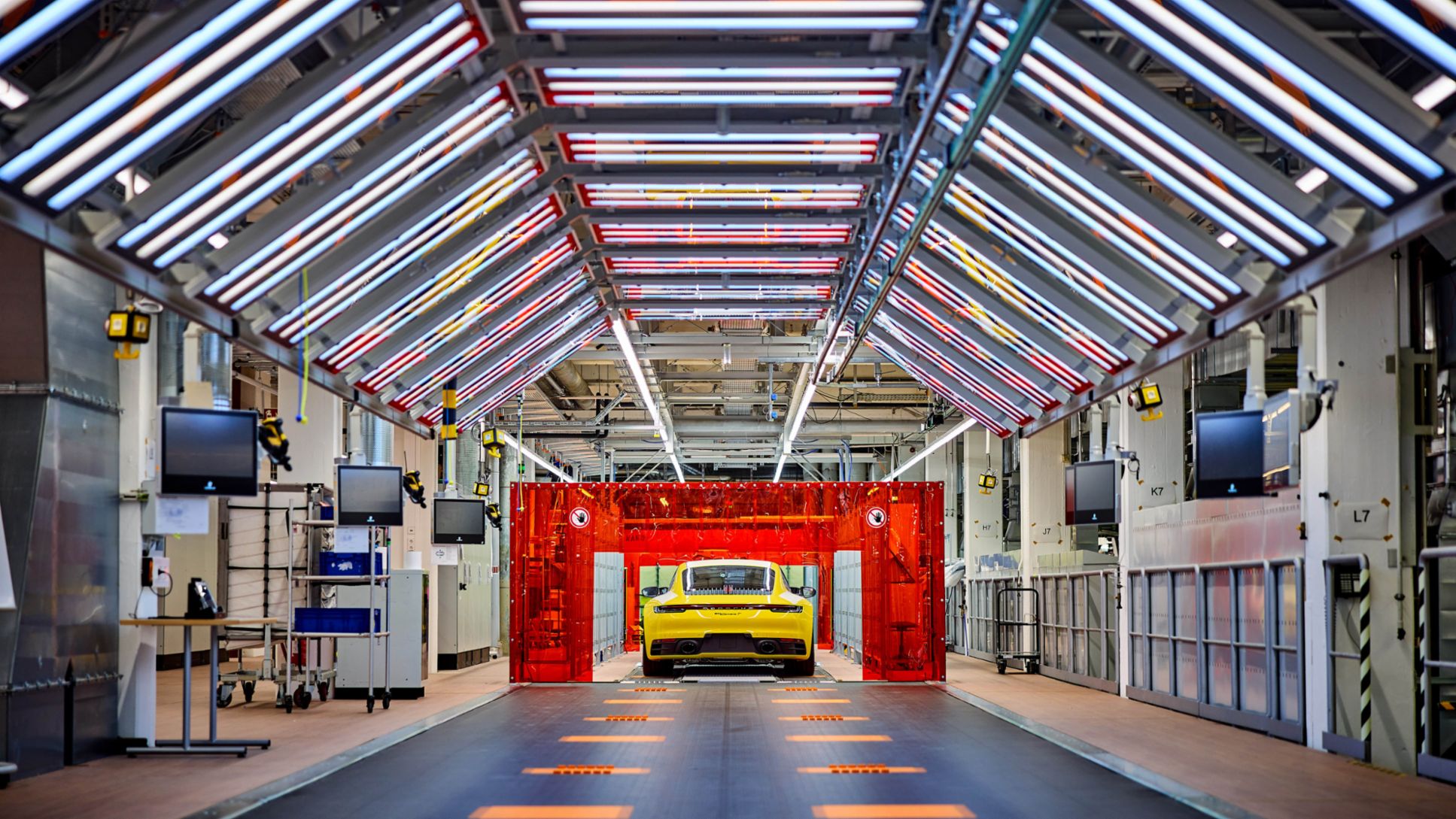
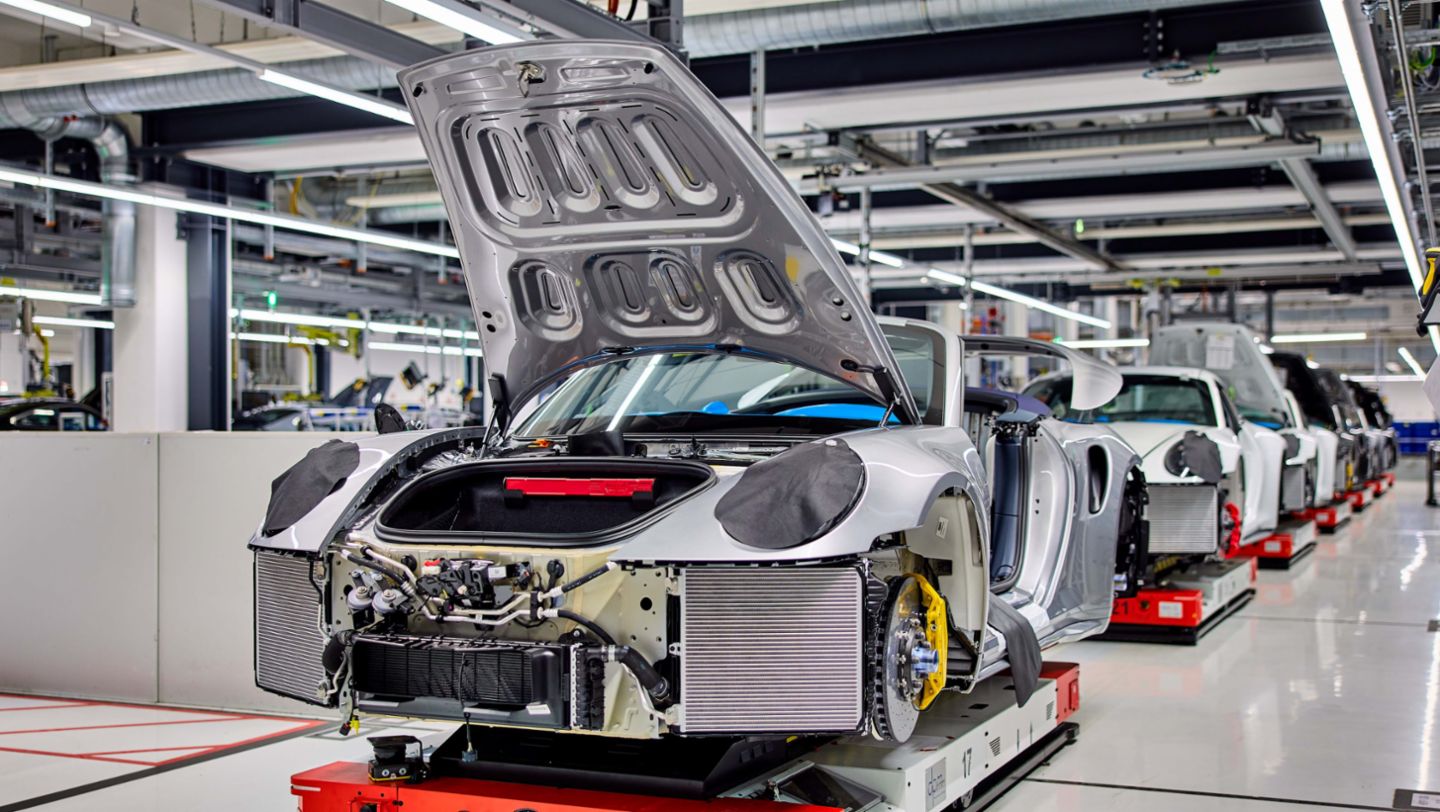
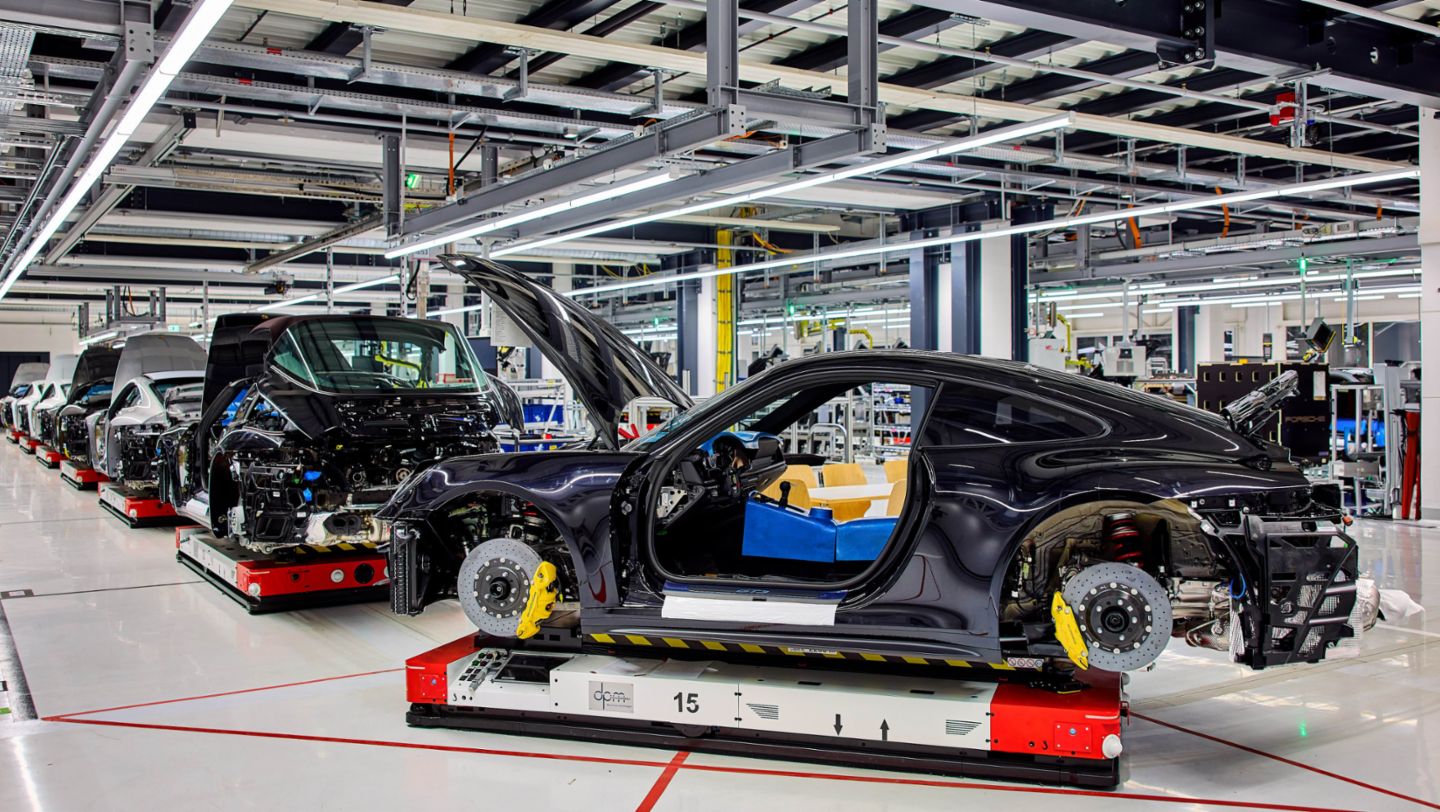
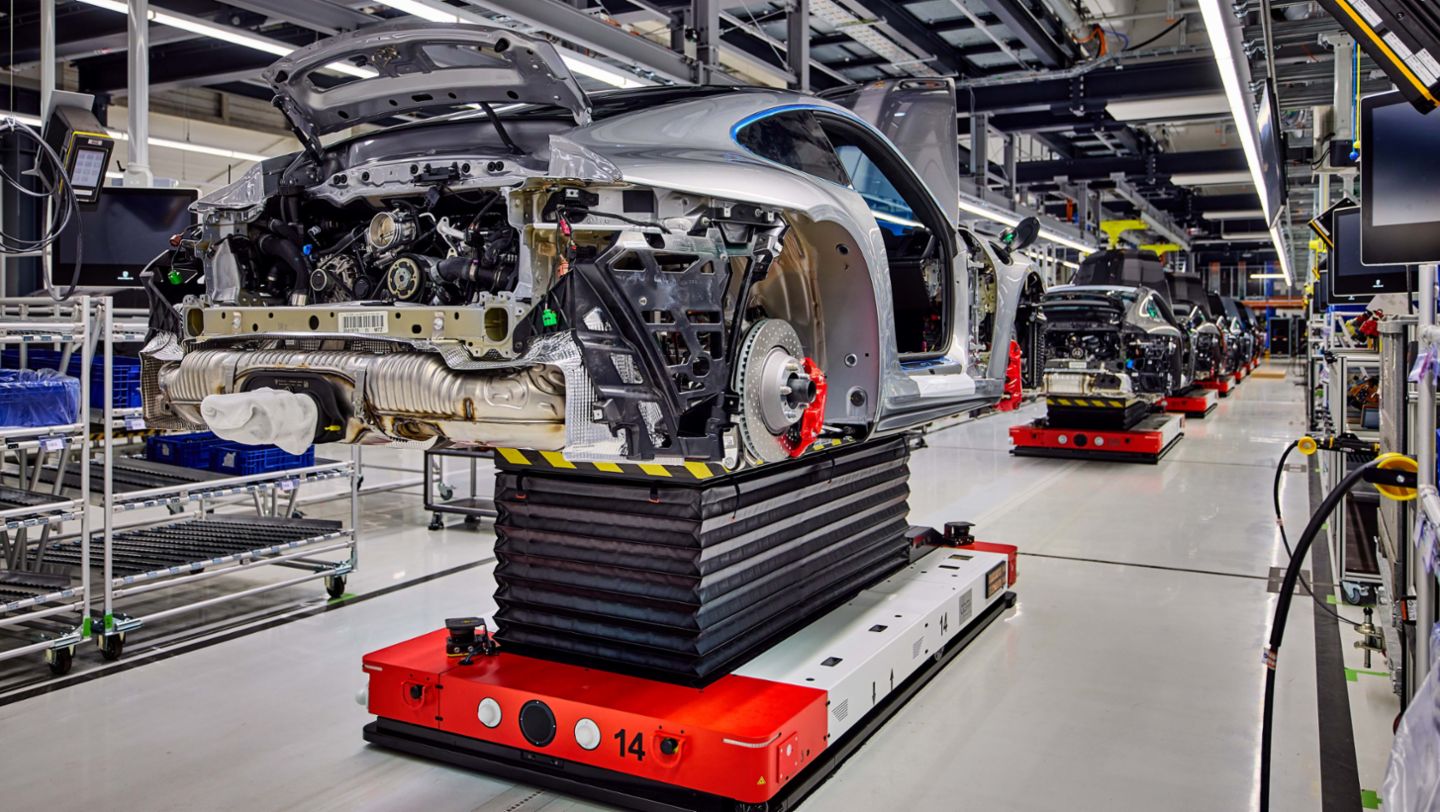
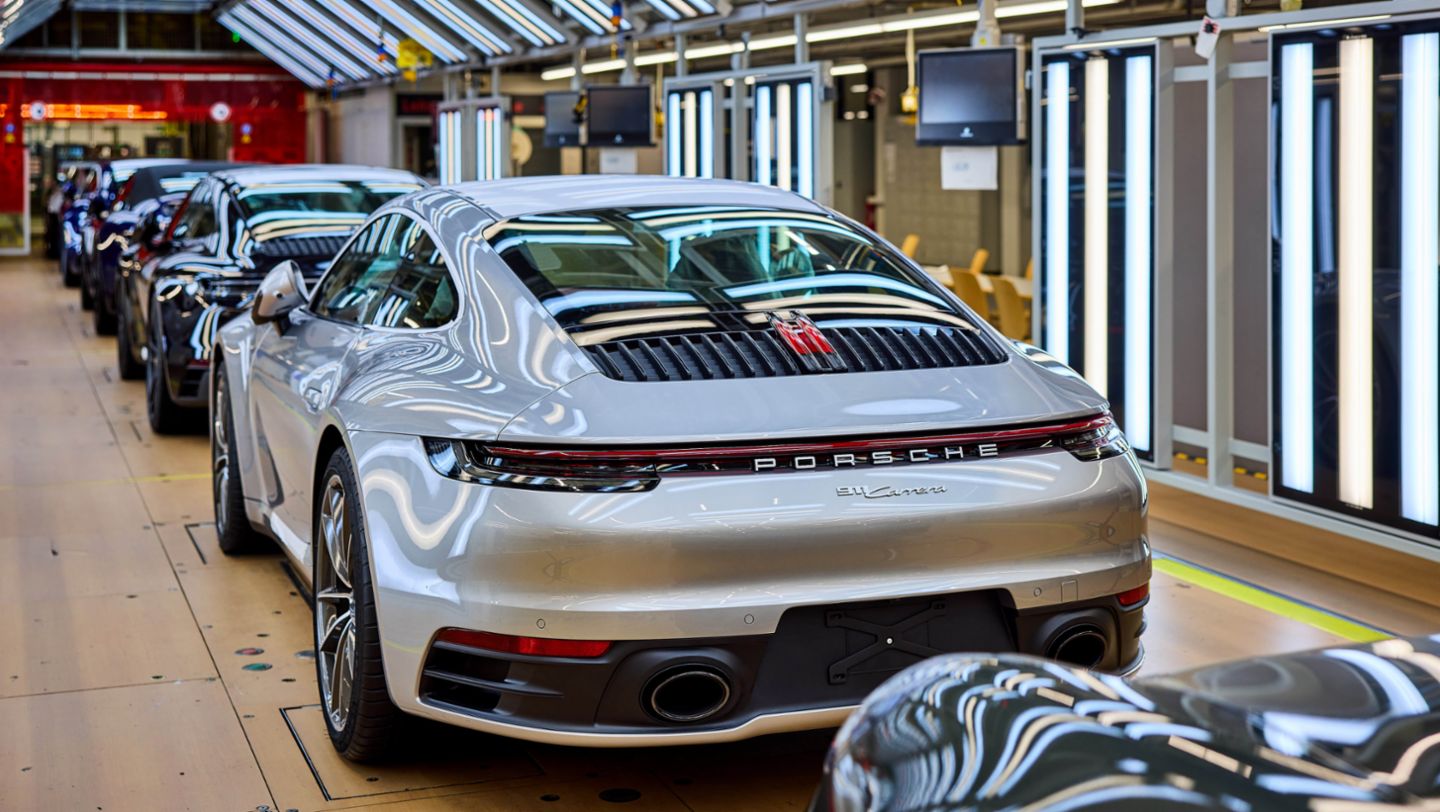
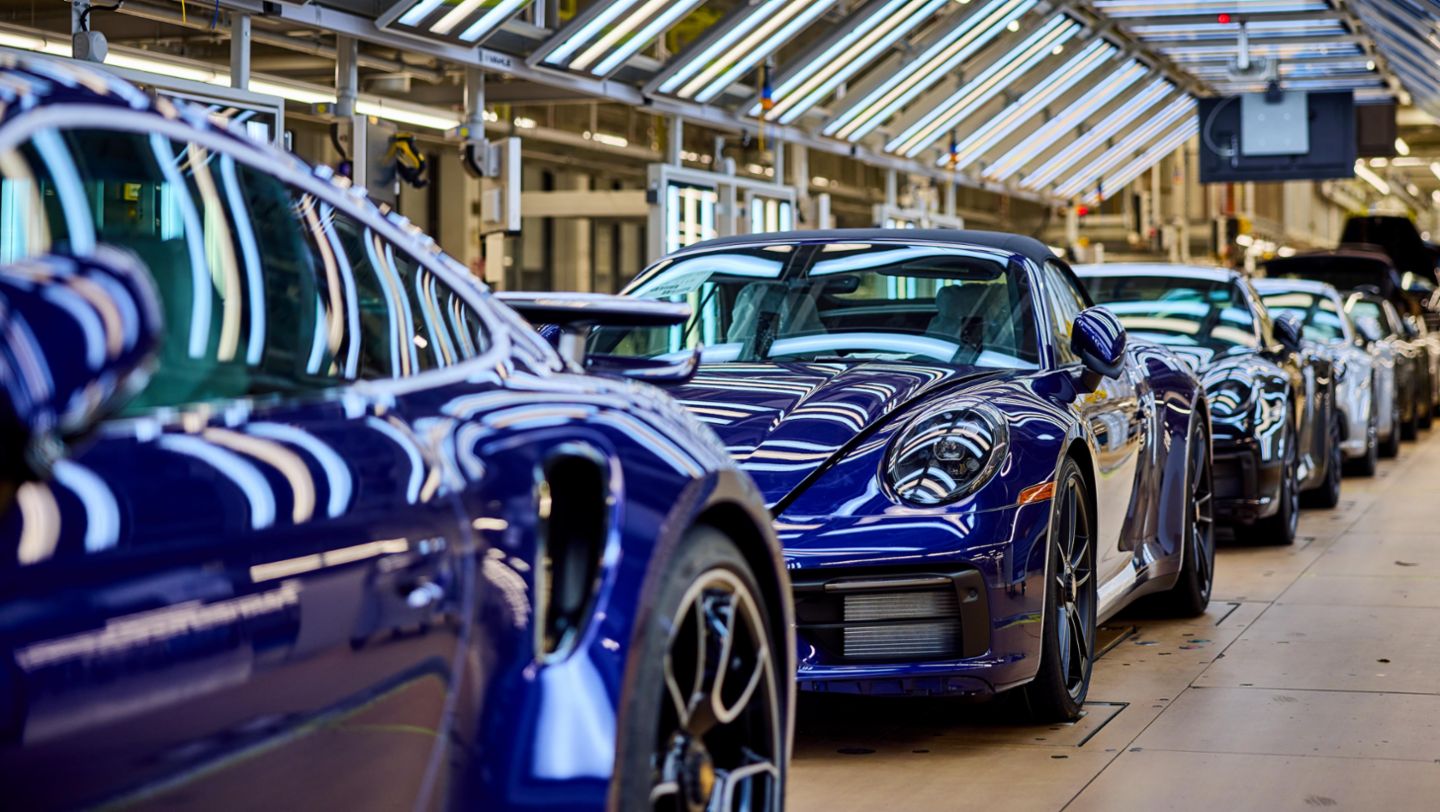

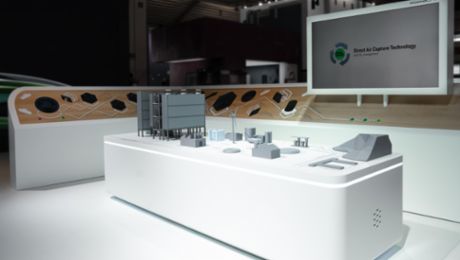
.jpeg)
